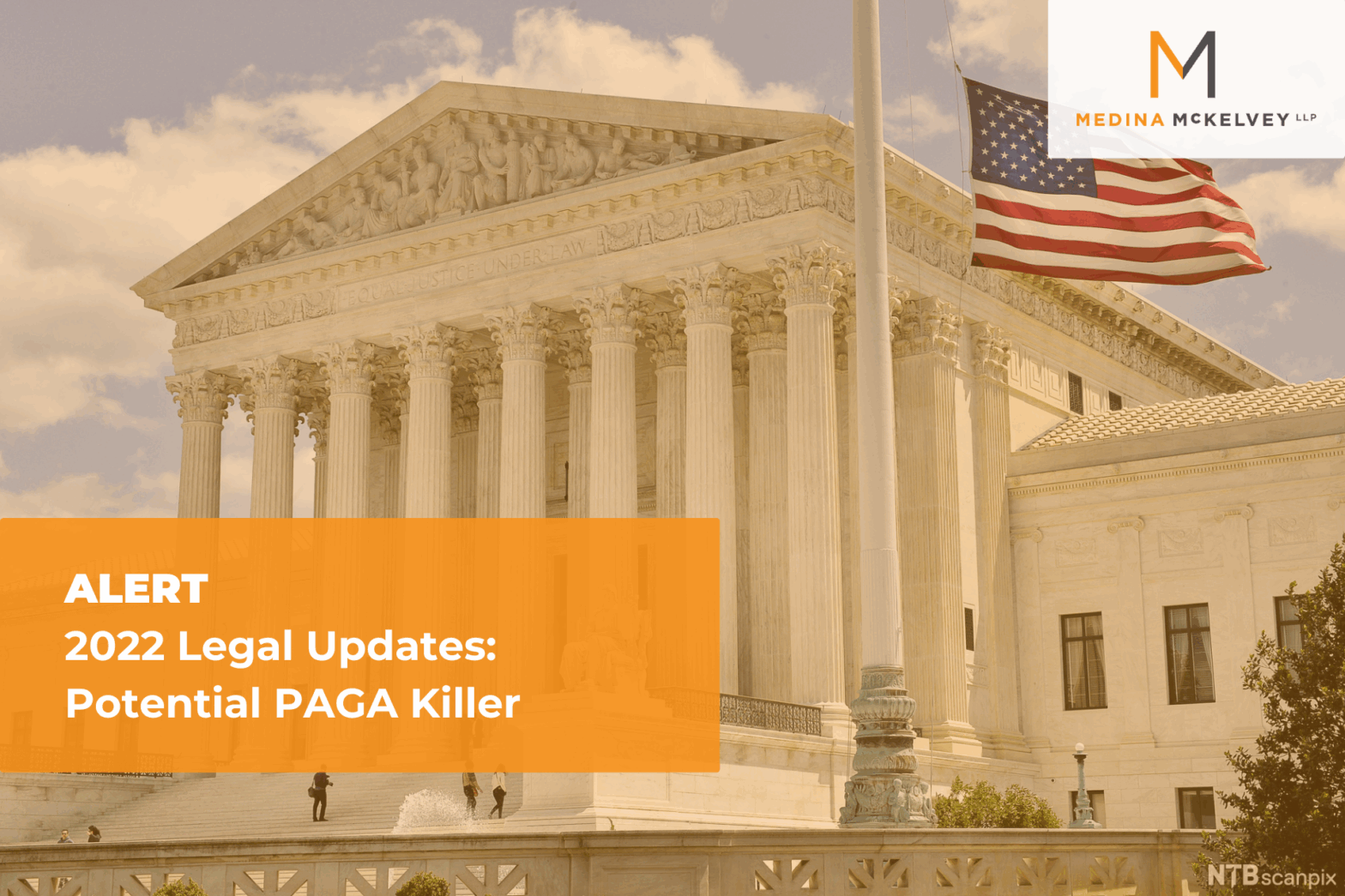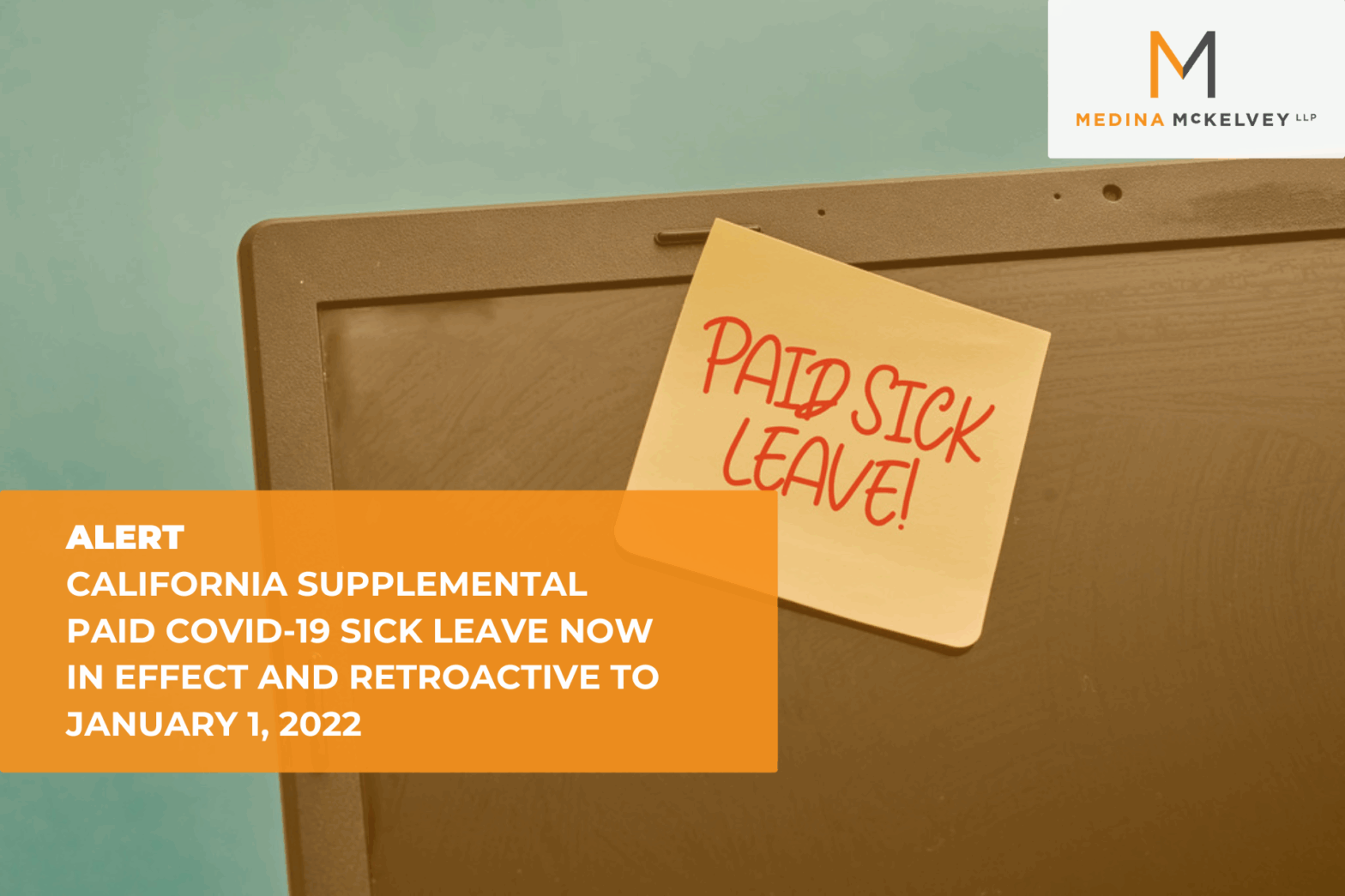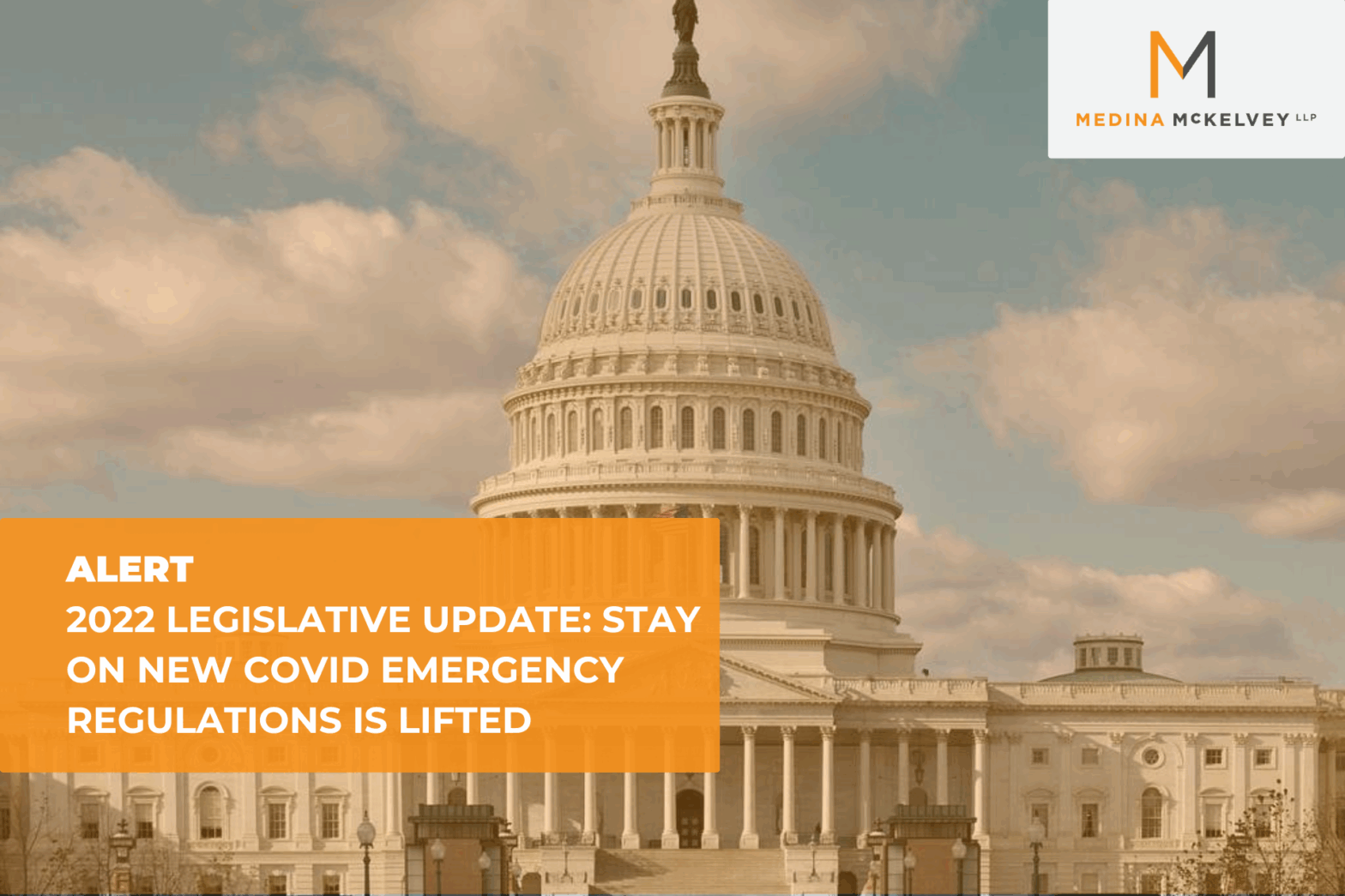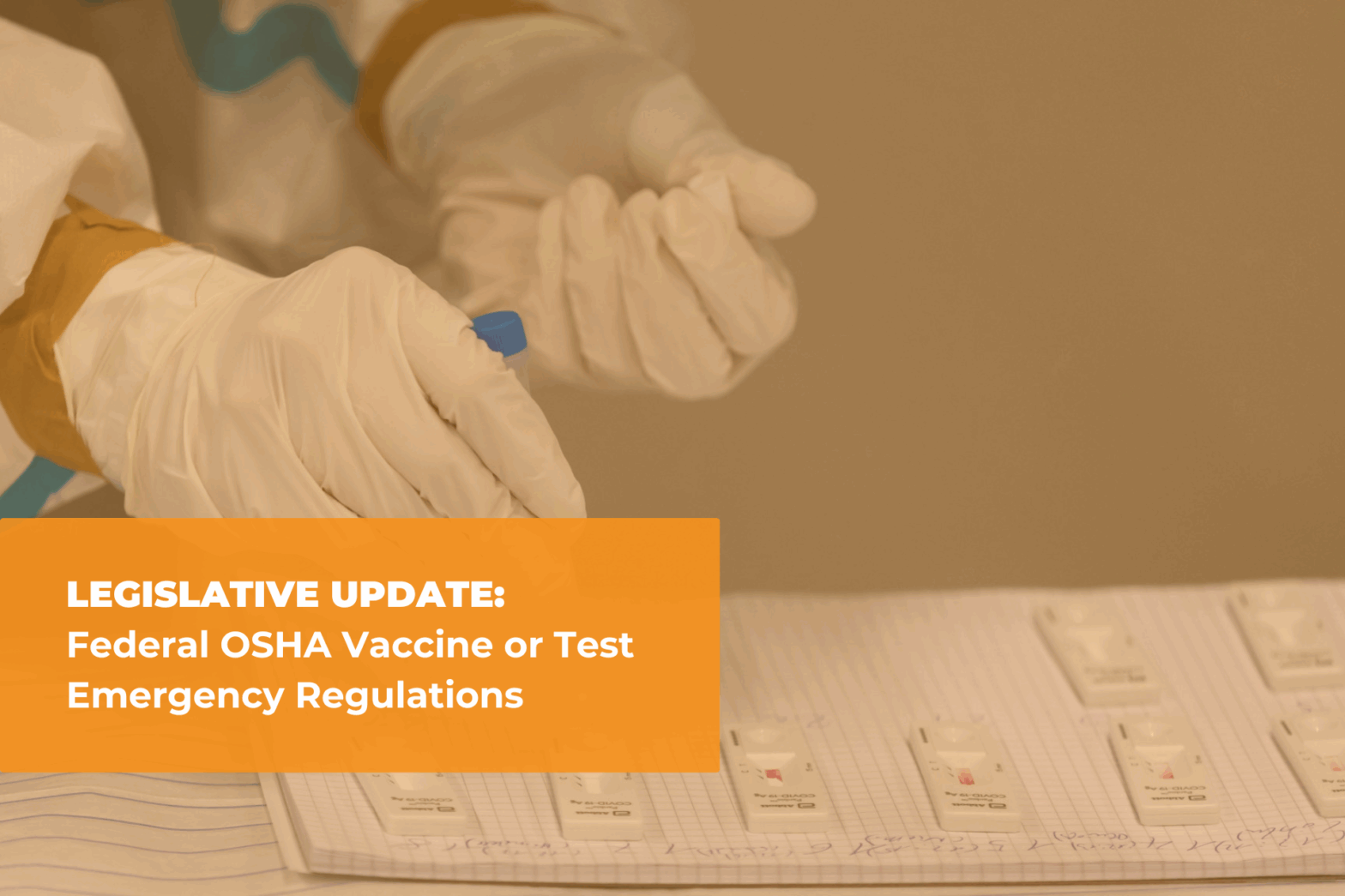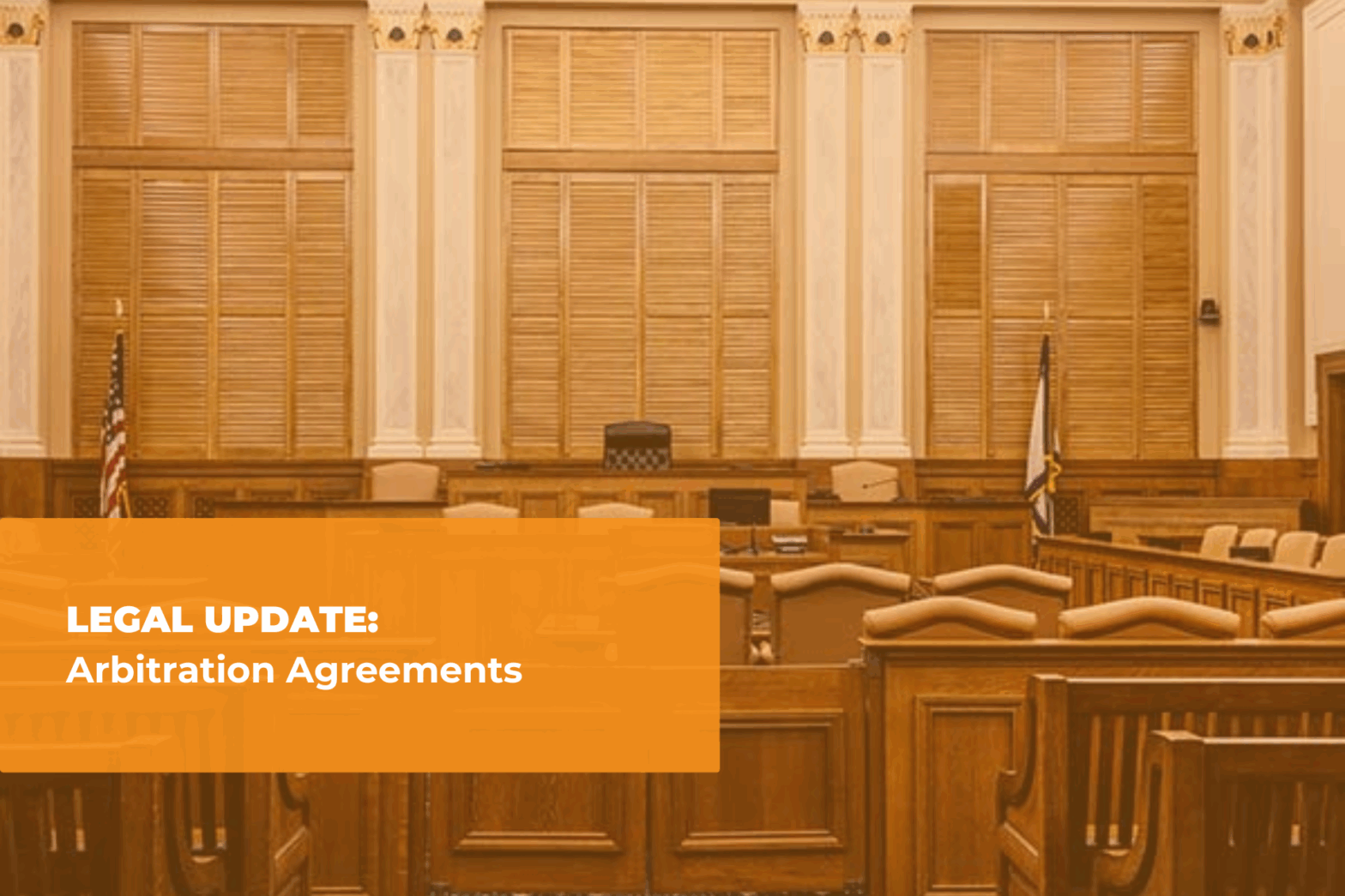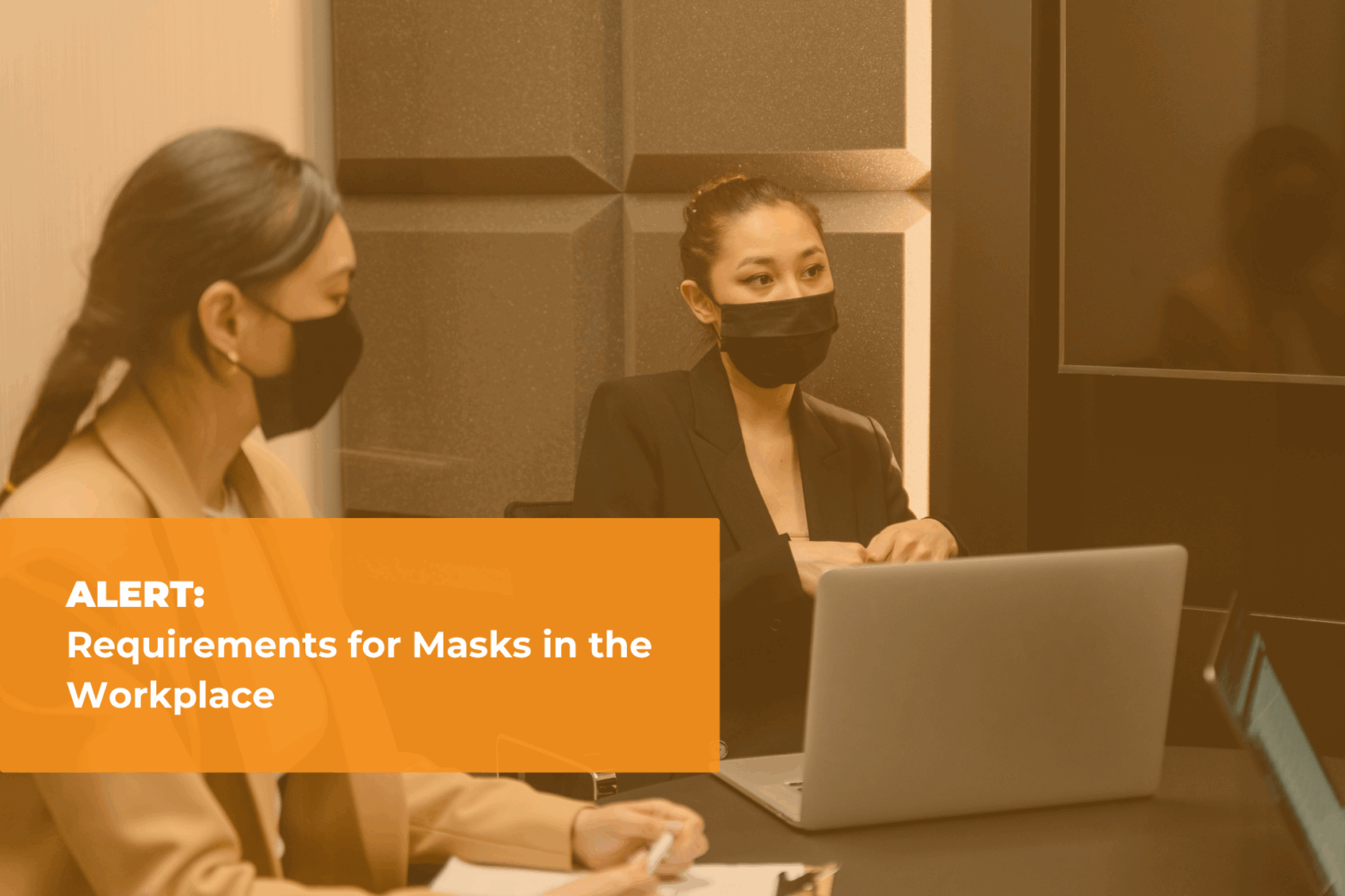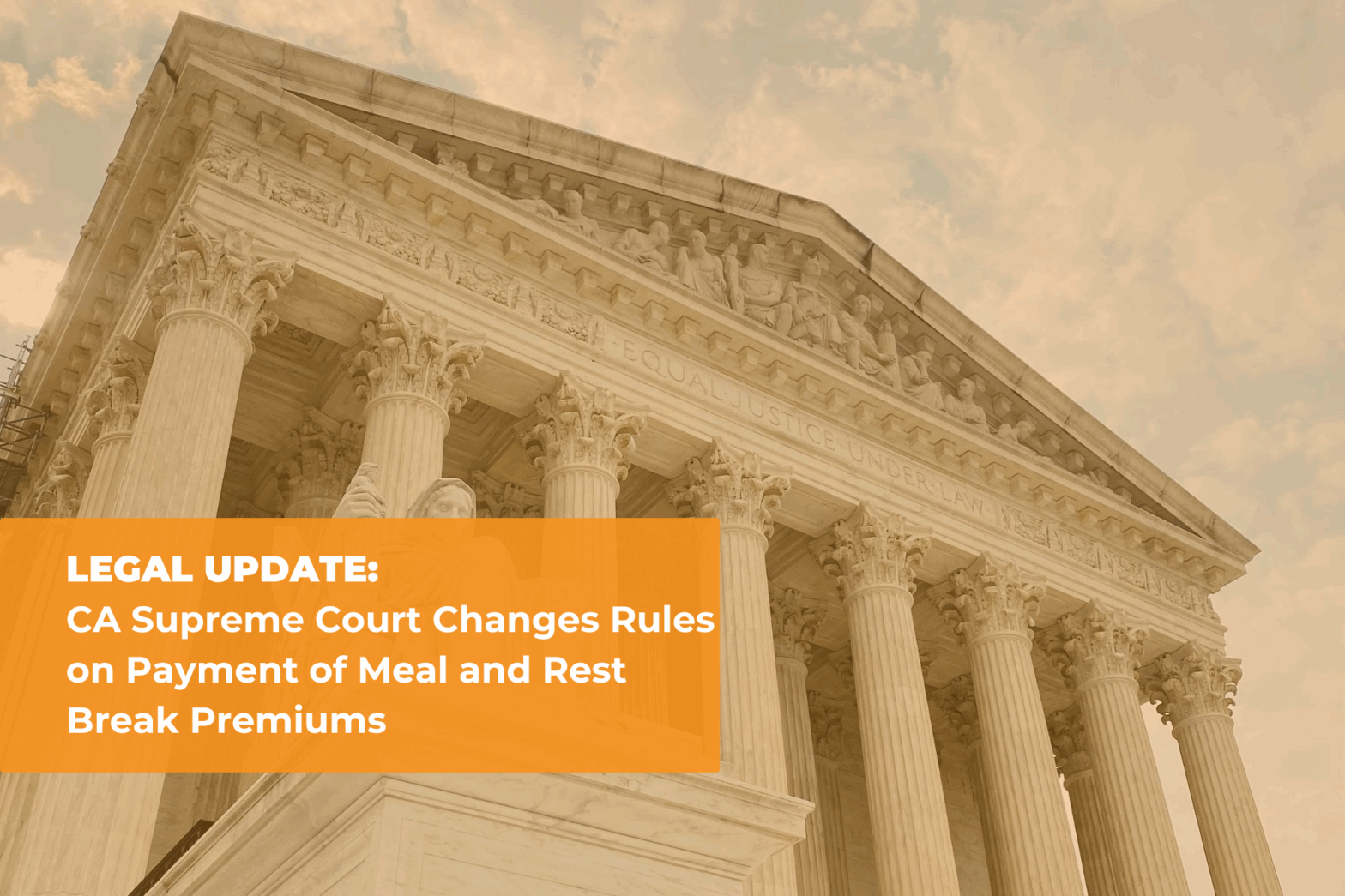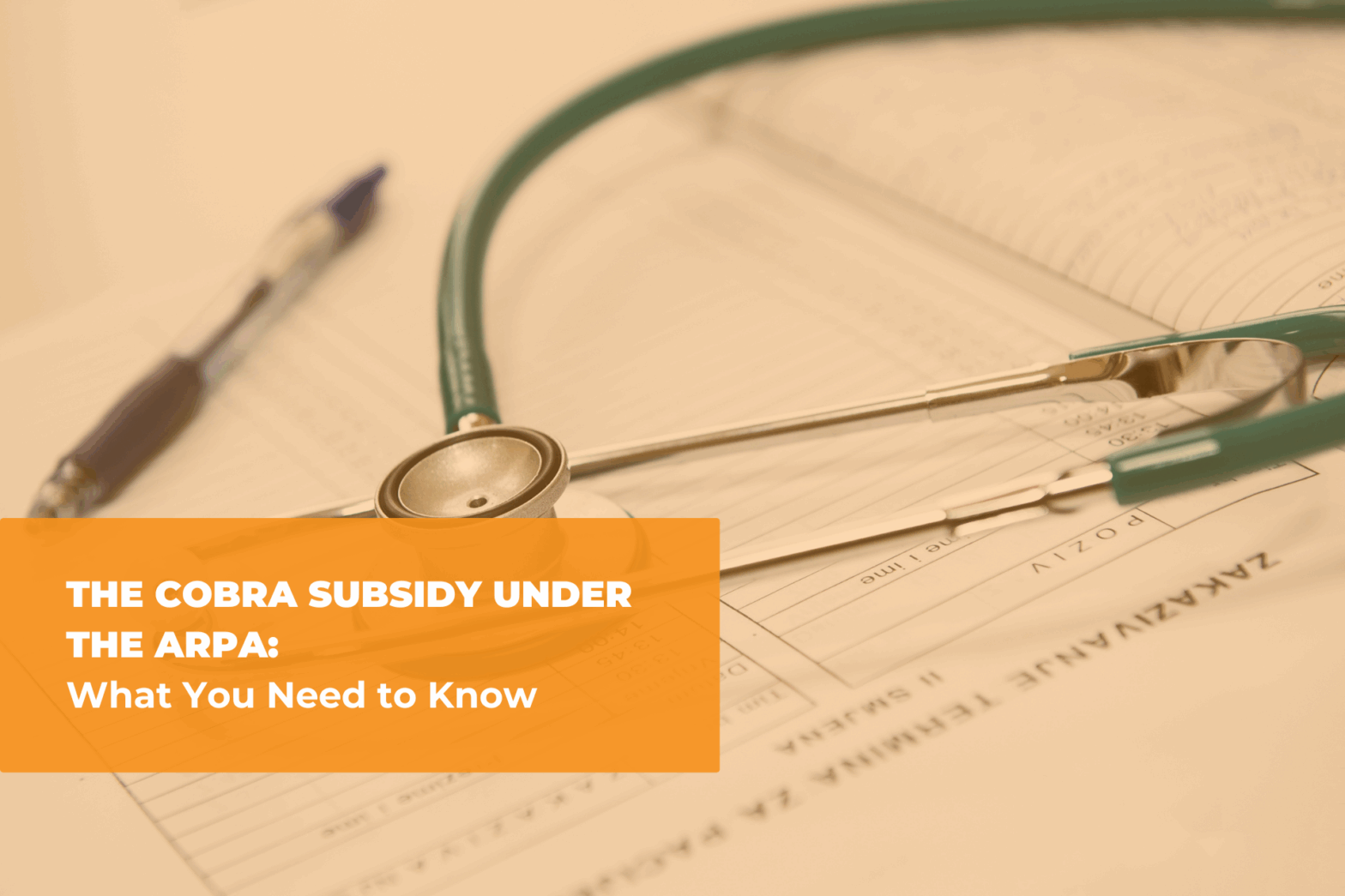The United States Supreme Court will soon hear a pivotal case impacting employers with non-exempt hourly employees. The case, Moriana v. Viking River Cruises, is set for oral argument on March 30, 2022, with a decision expected this summer.
Category: Legal Updates
CALIFORNIA SUPPLEMENTAL PAID COVID-19 SICK LEAVE NOW IN EFFECT AND RETROACTIVE TO JANUARY 1, 2022
California has reinstituted its paid COVID-19 supplemental sick leave, which requires employers with more than 25 employees to provide supplemental paid sick leave (SPSL) to employees out with COVID-19 or related issues, retroactive to January 1, 2022.
LEGISLATIVE UPDATE: STAY ON NEW COVID EMERGENCY REGULATIONS IS LIFTED
The stay on the Emergency Temporary Standards (“ETS”) was dissolved on Friday and the ETS is now reinstated. OSHA will not issue citations for noncompliance with any requirements of the ETS before January 10 and will not issue citations for noncompliance with the standard’s testing requirements before February 9, so long as an employer is exercising reasonable, good faith efforts to come into compliance with the standard.
To refresh your recollection, below is the original legislative update about the new ETS.
LEGISLATIVE UPDATE: FEDERAL OSHA VACCINE OR TEST EMERGENCY REGULATIONS
OSHA has issued an Emergency Temporary Standard (ETS) requiring all employers with at least 100 employees to ensure that their workers are vaccinated or submitting to weekly COVID testing. The ETS is effective November 5, 2021, and employees have until January 4, 2021, to be fully vaccinated or begin testing weekly.
IMPORTANT LEGAL UPDATE: ARBITRATION AGREEMENTS
The enforceability of arbitration agreements is one of the most litigated and appealed issues in employment law. And now the appellate courts are at it again. On September 15, 2021, the Ninth Circuit Court of Appeals in Chamber of Commerce v. Bonta, issued an important ruling on the enforceability of arbitration agreements. You might have heard about a law passed last year called AB 51, which prohibited California employers from forcing employees to sign arbitration agreements as a condition of employment. The bill even went so far as to make it a misdemeanor for employers to use mandatory arbitration agreements.
Legislative Update: NEW OSHA GUIDANCE ON COVID PREVENTION
This guidance recommends stronger workplace COVID protocols, including increased masking for all employees regardless of vaccination status and encourages vaccination for all employees. It also recommends physical distancing and other COVID prevention and reporting methods most businesses already have in place. At this time, the OSHA recommendations are guidance only and are not mandatory.
Updated Requirements for Masks in the Workplace
In the latest COVID news, the CDC has reversed its position on mask mandates indoors for vaccinated individuals and is now recommending that everyone wear masks indoors, regardless of vaccination status.
CA Supreme Court Changes Rules on Payment of Meal and Rest Break Premiums
Last week, the California Supreme Court issued a decision in Ferra v. Loews Hollywood Hotel addressing what rate needs to be paid for meal and rest period premium payments.
THE COBRA SUBSIDY UNDER THE ARPA: WHAT YOU NEED TO KNOW
The American Rescue Plan Act (“ARPA”) created a COBRA subsidy that requires employers to cover 100% of the employee’s cost of continuing group health coverage under insured and self-insured plans subject to COBRA for up to six months if an employee has lost coverage under their employer’s health care plan due to a reduction in hours or involuntary termination (for reasons other than gross misconduct) and elects COBRA continuation. The subsidy period is between April 1, 2021 and September 30, 2021 and does not lengthen the COBRA period. Who are already enrolled in COBRA; or who did not elect COBRA when it initially became available to them; or who elected COBRA initially but let the coverage lapse; who are not eligible for coverage under another employer’s group health plan or under Medicare.
California Enacts (Retroactive) 2021 Emergency Supplemental Paid Sick Leave Law
On March 19, 2021, California Governor Gavin Newsom signed Senate Bill (SB) 95, which creates new Labor Code section 248.2 and mandates that employers provide employees with supplemental paid sick leave (SPSL) for various COVID-related absences in addition to paid time off benefits employees receive by law or policy, e.g., non-COVID statutory paid sick leave or vacation.
